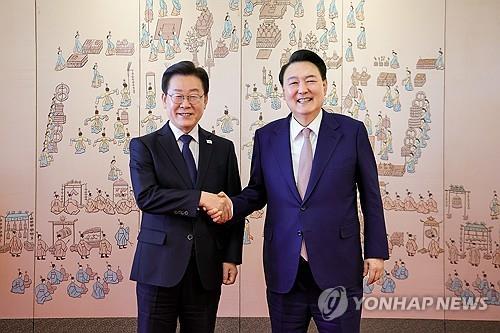Rep. Alexandria Ocasio-Cortez’s recent Instagram session draws criticism for tone-deaf response to Harris loss
In what critics are calling a serious misreading of the political moment, Rep. Alexandria Ocasio-Cortez (D-NY) took to Instagram this weekend to poll voters on why they split their tickets between her and Trump, rather than addressing the Democratic Party’s fundamental failures in the 2024 election.
Missing the Mark
Instead of offering a much-needed apology to Democratic voters for the party’s inability to deliver on its promises, AOC’s social media engagement exercise has been widely criticized as yet another example of performative politics. Political analysts point out that the progressive congresswoman’s Instagram Q&A session seemed more focused on maintaining her influencer status than addressing serious political concerns.
“What Democratic voters needed was accountability, not an Instagram focus group,” said Democratic strategist James Morrison. “The party, including prominent progressives like AOC, needs to explain why they couldn’t prevent Trump’s return to power despite controlling both the White House and Congress for four years.”
Betrayed Trust
The responses AOC received, citing concerns about:
- The economy
- The Gaza conflict
- Working class issues
- Muslim voter outreach
merely highlighted what many say Democratic leadership should have addressed long before the election.
Critics Demand Accountability
Political commentators argue that instead of conducting social media polls, Democratic leaders should be:
- Acknowledging their failure to address working-class economic concerns
- Taking responsibility for losing key demographic groups
- Explaining their ineffective messaging on foreign policy
- Offering concrete plans for party reform
“This isn’t the time for Instagram Q&As,” said Sarah Reynolds, a political analyst. “The Democratic Party, including AOC, needs to recognize that they’ve betrayed their voters’ trust. They need to start with a sincere apology and a serious plan for rebuilding that trust.”
A Crisis of Leadership
The criticism of AOC’s social media approach reflects a broader frustration with Democratic leadership’s response to their electoral defeat. As Trump prepares to return to the White House, many argue that the party’s prominent figures appear more interested in maintaining their social media presence than addressing the serious political challenges ahead.
“When your party loses to Donald Trump twice, you don’t go on Instagram to ask why,” said political commentator Michael Chen. “You apologize to your voters and start the hard work of rebuilding your party’s credibility.”
As the Democratic Party grapples with its second loss to Trump, the backlash against AOC’s Instagram session suggests that voters are looking for more than social media engagement – they want real accountability and substantive change in party leadership.






